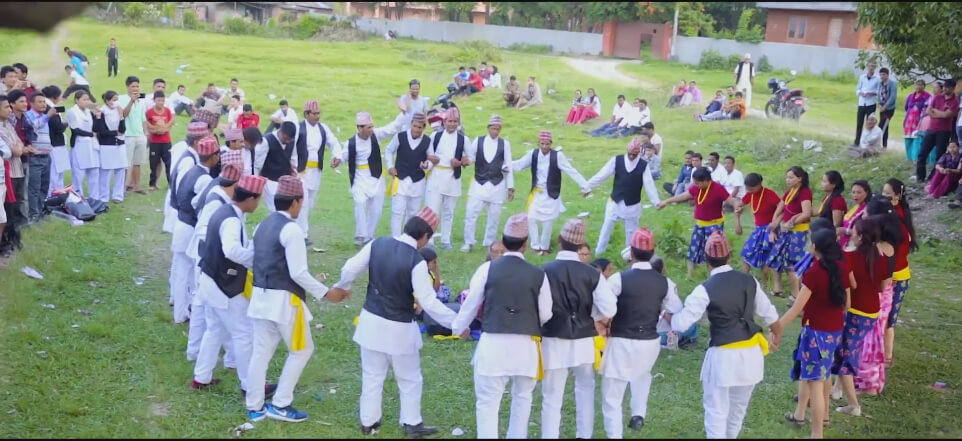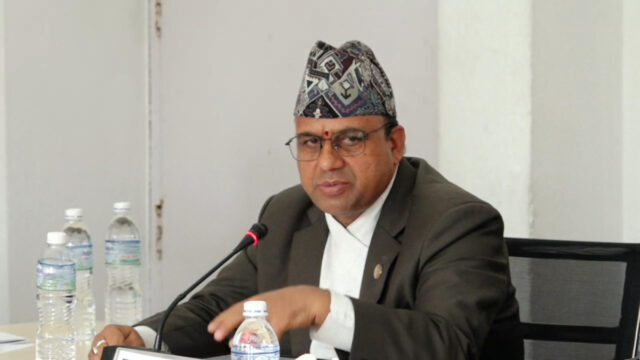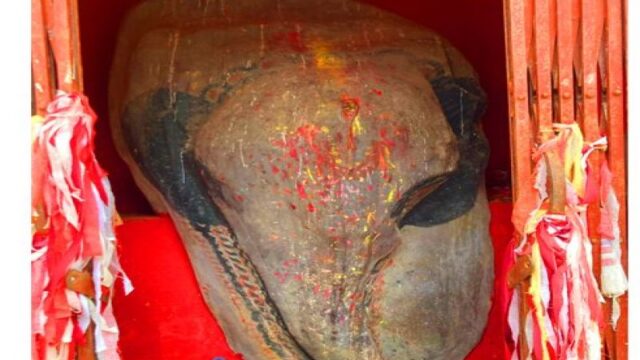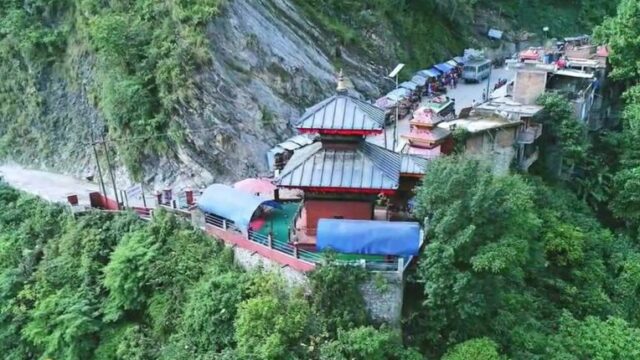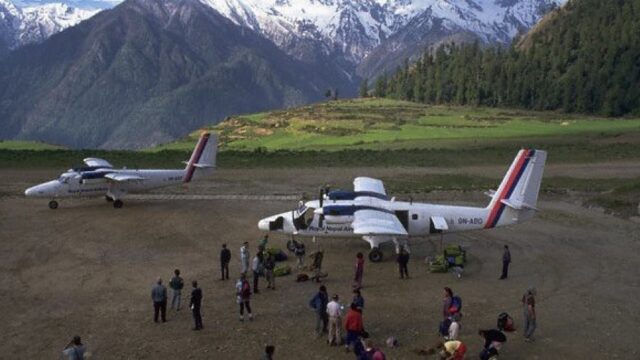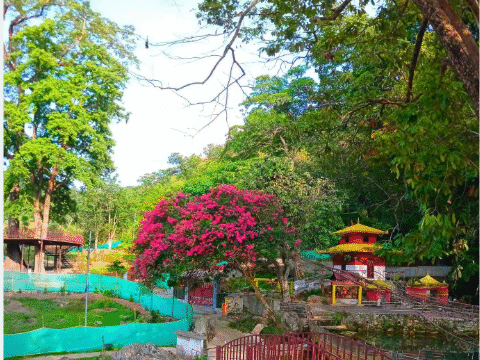With the arrival of the Gaura festival, the villages of Sudurpaschim are echoing the melodies of Deuda songs. The participation of men and women in Deuda performances is increasingly enthusiastic, spreading from rural areas to cities and towns. Celebrated once a year, Gaura is one of the most significant festivals in Sudurpaschim, and Deuda songs play a vital role in this celebration. These traditional folk tunes are an integral part of fairs, festivals, and gatherings in the region, where questions are answered through song.
During Deuda performances, participants create and express songs rhythmically. The songs involve exchanges between women and men, men and men, or women and women, presenting deep and meaningful themes in a lyrical format. Deuda songs often touch upon topics such as politics, society, and love, infused with rich literary content.
However, as times change, the traditional essence of Deuda songs is fading. Ambadatta Joshi, an advisor to the Deuda Culture Preservation Foundation, expresses concern over the growing crudeness in these songs. “In the past, Deuda songs were filled with poetic and meaningful words. Now, they are losing their depth and becoming more vulgar, distorting the original cultural essence,” he says.
Joshi emphasizes the importance of younger generations learning these songs from their elders to preserve the traditional aspects of Deuda. He notes that Deuda songs are not solely about love but also include advice, religious and cultural teachings, knowledge, social awareness, and familial connections.
Godavari Thagunna Markanda, President of the Shuklaphanta Chapter of the Deuda Culture Preservation Foundation, highlights the growing popularity of recording Deuda songs, both in Nepal and abroad. “Deuda songs have gained immense popularity, even finding their way into Nepali movies. This is a positive development, but creators must ensure that the songs remain original and culturally enriching, without crossing the line into vulgarity.”
Hemraj Awasthi, a researcher on various aspects of Deuda songs, mentions that the festival has always facilitated interaction, dialogue, and questioning through Deuda songs. These communal performances help in building relationships and offer an interactive approach to understanding each other through song.
Awasthi adds that Deuda folk literature has played a crucial role in uniting society. The participation of people from all ethnicities, genders, and age groups in Deuda fosters social unity. He explains that the game involves linking arms and playing in a circle, where the movement of the feet is synchronized with the rhythm, symbolizing the deep-rooted cultural significance of Deuda.
The tradition of playing Deuda dates back to ancient times and has significantly contributed to preserving the region’s art, culture, and festivals. Creators of Deuda songs stress the need to maintain the authenticity of this cultural heritage, ensuring it continues to bind society together in unity and shared cultural identity.
